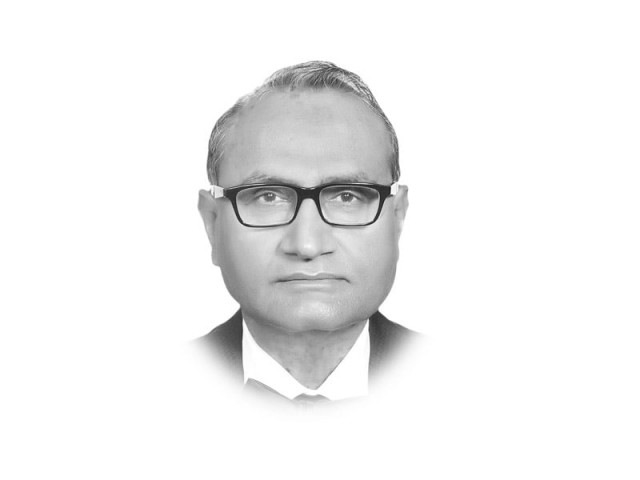Sand in the supply chain of oil
It was all in the family and, therefore, a case of collective incompetence

pervez.tahir@tribune.com.pk

The water and power ministry fails to ensure that the technical and transmission losses are within reasonable bounds and outright theft does not take place. Power producers must have the spine to collect their bills, from the federal as well as provincial governments. The fact is that the power producers defaulted on payments to PSO. These payments relate to furnace oil used to produce power, not petrol, the payments for which do not involve the government. But the liquidity constraints imposed by the receivables due to furnace oil adversely affect the overall liquidity position of PSO. This time round, PSO was not only on the receiving end of the problems caused by the circular debt, it was also hit hard by the finance minister’s mad pursuit of pushing the dollar down vis-a-vis the rupee. Stopped from buying dollars and unable to realise receivables, even the handpicked management of PSO let it be known to everyone early enough that it simply had no cash to import petrol.
Once the lack of cash disrupted import, other factors exacerbated the crisis. These included the failure to maintain the stipulated strategic reserves, closure of an oil refinery, transport bottlenecks caused by fog in Punjab, overcharging at the station level and petty attempts at hoarding by a panicky public. Speculators may have attempted to make a fast buck in league with officials. Management of reserves of a volatile commodity like petrol is not easy. Fluctuating prices impose costs that are higher than the costs of ordinary inventory management. To prepare PSO for eventual privatisation, the size of the strategic reserves was reduced during the rule of General Pervez Musharraf. It is now enough for 20 days, with about two-thirds maintained by PSO. A professionally weak and arbitrarily run Ogra, with an extended deadline granted to complete storages, failed to ensure reserves for 20 days.
All leads point towards the supply chain. As ministers pass on the buck, a judicial inquiry may be necessary. Meanwhile, the government should resist the temptation to deregulate petrol pricing and privatise PSO. The cure can be worse than the disease.
Published in The Express Tribune, January 23rd, 2015.
Like Opinion & Editorial on Facebook, follow @ETOpEd on Twitter to receive all updates on all our daily pieces.















COMMENTS
Comments are moderated and generally will be posted if they are on-topic and not abusive.
For more information, please see our Comments FAQ